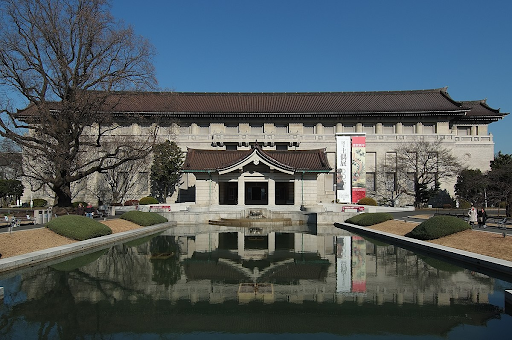Disclaimer: Spoiler alert! Read at your own risk!
At a first glance, Anthem of the Heart may seem like your typical coming-of-age story with a hint of magical realism at play, but trust me on this one—this film speaks deeper than that.
With its strong story-telling and fleshed-out characters, the movie does not only vividly portray the struggles of letting the world know what our hearts truly wanted to say—it also demonstrates just how powerful our words are, and how it can greatly affect everyone who surrounds us.
The Story
Anthem of the Heart follows the story of Jun Naruse, a once cheerful young girl whose words were sealed away after she discovered her father’s infidelity, the incident that eventually lead to her parent’s divorce.
Naruse’s father placed the blame on her and her talkative trait, cruelly telling the young girl that their family’s fallout was all because of her telling her mother about the affair she witnessed.
Still young and naive—little Naruse thought this to be true, ensuing the appearance of a fictive anthropomorphic egg who zipped her lips so that she wouldn’t be able to hurt other people with her words.
Naruse grew up as a lonely and isolated girl, and that has been the case until her high school homeroom teacher puts her in-charge of a committee organizing their school’s annual Community Outreach event.
The story progresses with her teaming up with Sakagami Takumi, a pleasant guy concealing a musical prowess behind his mask of disinterest; Nito Natsuki, a straitlaced cheerleader; and Tasaki Daiki, a former baseball ace suffering from an elbow injury. The four are not very enthusiastic with this sudden turnout, however, when Naruse heard Takumi’s song about eggs and words—she started to think that singing might be the key to free her words trapped inside her heart. She then convinced the whole team to help her in this quest.
The Characters
Another thing that I found fascinating about the Anthem of the Heart was how it didn’t shy away from portraying its characters as anxious, broken and unhappy, in a manner that was still relatable.
The development also felt natural, the movie’s pacing and the transition from one scene to another helped give its viewers time to develop empathy and understanding towards each of the characters.
In the movie, we did not see the characters as two-dimensional but rather, as people with different sides to their personas, both the good and the ugly.
An example would be how Naruse was introduced as a nice and timid high school girl who could also be selfish and petty; and on how, behind Daiki’s arrogant façade, lies an awkward and shy personality.
The Play as subtext
When Naruse asked Takumi’s help in turning her words into a song, she also came up with the story and musical script, through her vivid imagination introduced at the beginning of the movie.
However, the story that she created was the complete opposite of her wild daydreams when she was a child—featuring doomed heroines surrounded by characters who never seemed to understand.
Obviously, the play reflected the struggles and difficulties that Naruse dealt with, following her parent’s divorce.
The scene where she revealed to Takumi the ending of her play got me to understand that the egg who sealed her words away was just another product of her imagination, and that her inability to speak is due to the cruel words that her selfish, unfaithful father has told her when she’s young.
The Ending
The ending of the Anthem of the Heart was quite unexpected and might end up disappointing some of its viewers, especially with how the romantic aspect turned out.
As it was heavily focused on the growing relationship between Takumi and Naruse, it kind of gave the impression that they were falling for each other and that, like any other film with romance, the two would eventually end up together.
However, that did not happen, as the film paired Takumi and Nito instead, and gave Daiki and Naruse a shot at kindling a new romance.
Upon seeing the movie for the first time, this seemed to me like a questionable and terribly rushed move to be unique and different—but watching it for the second time gave the understanding that it’s not entirely a dubious move.
Takumi and Nito’s character development relied mostly on the two of them reconciling and rekindling a past romance that was hindered by miscommunications, while Daiki’s growth was exhibited on how he learned to accept his own predicaments through Naruse’s hard work.
The only problem that I saw in that set up was the lack of interaction between Daiki and Naruse, which can support their implied budding romance, whereas Nito and Takumi’s relationship felt like its heading for the platonic friendship route.
Overall, Anthem of the Heart is a genuine and emotional movie that invites its viewers to see through the subtexts of the plot and characters. It was not a perfect movie but it is definitely a title that you wouldn’t want to miss out, especially if you are a fan of the genre that is seeking for a new twist.






